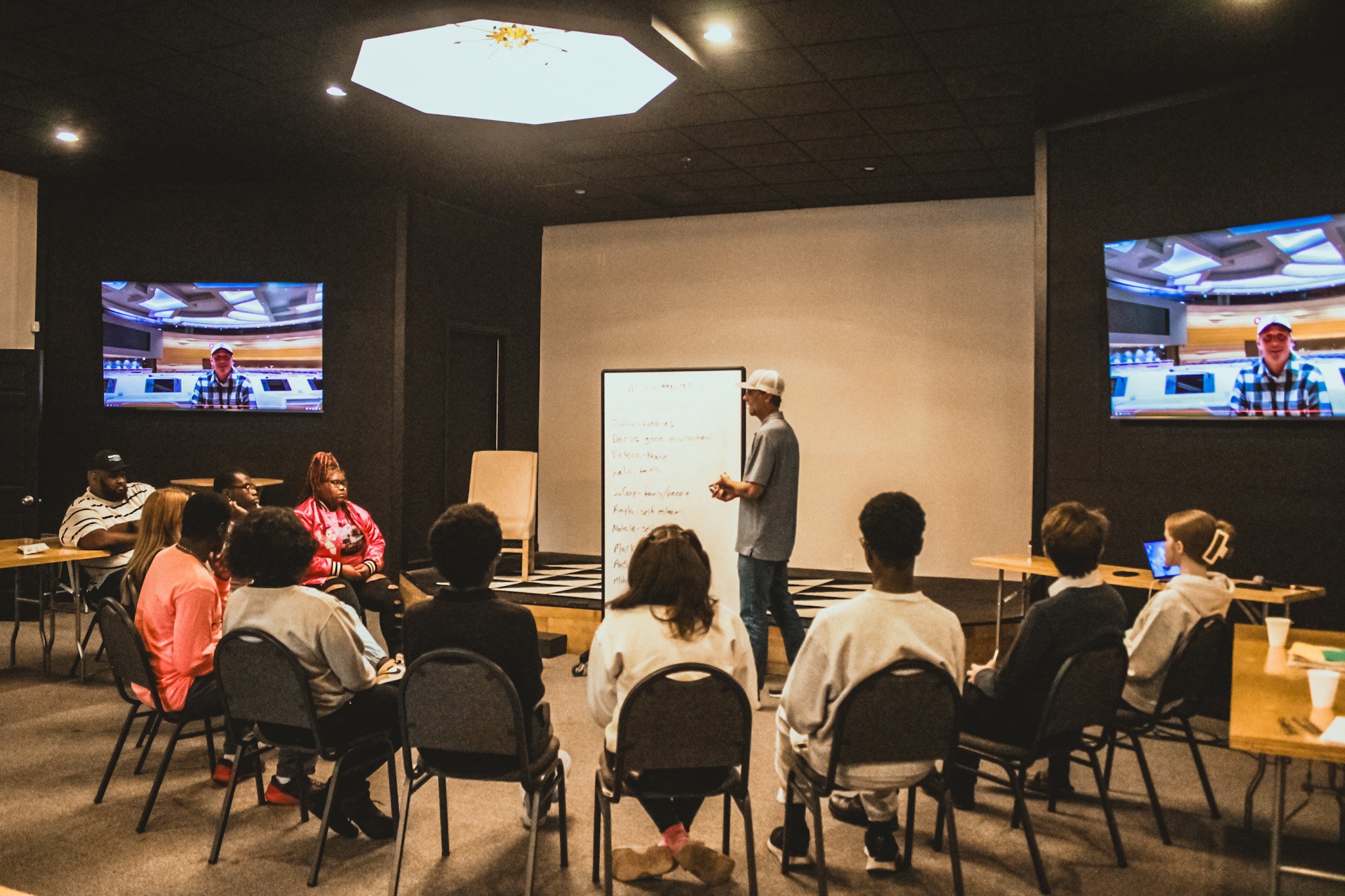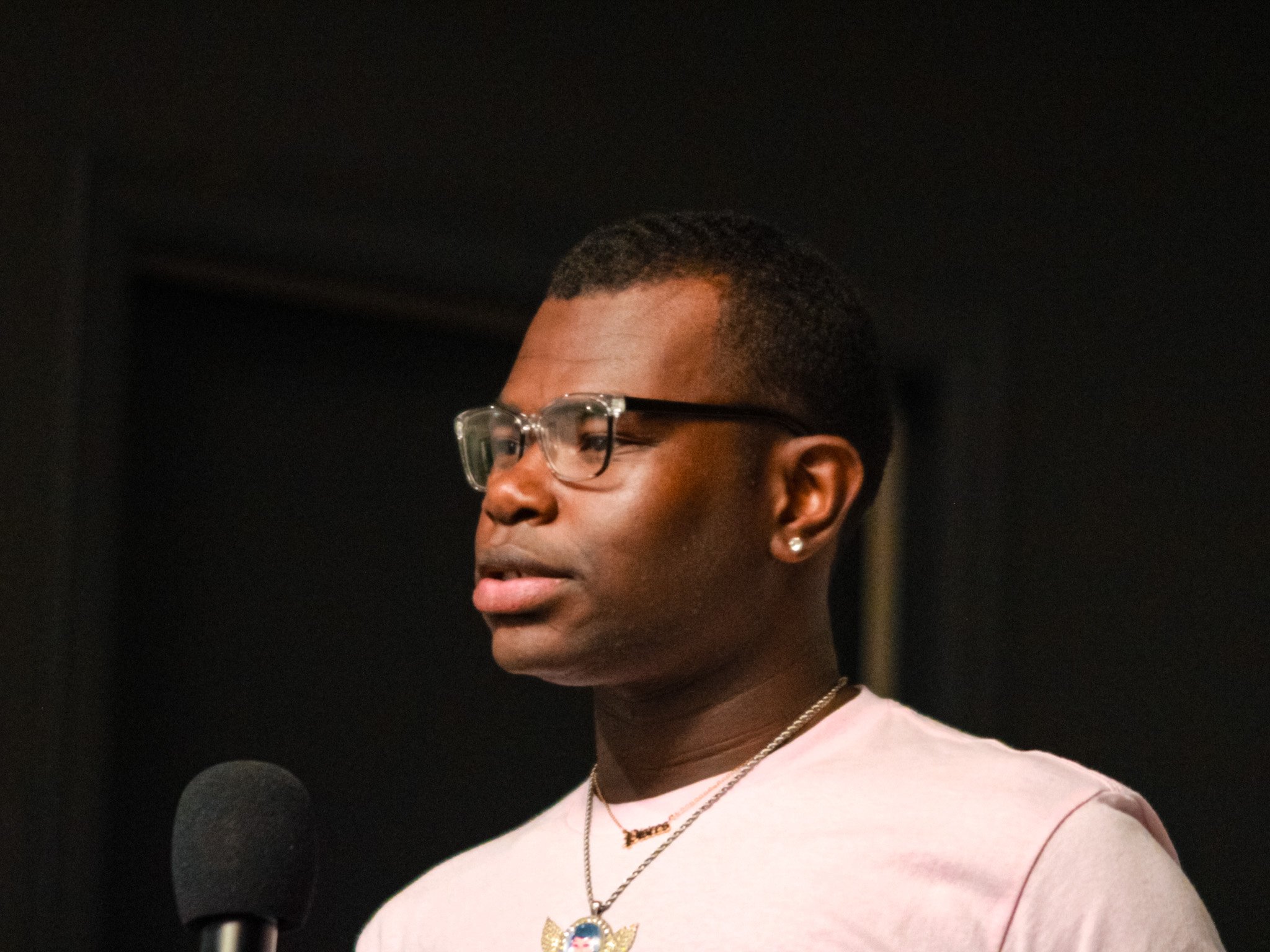Launching Ideas
Ideas are everywhere. Every moment of every day we are bombarded with someone else’s “big idea”. Henry Ford’s idea about how to manufacture cars changed how we transport ourselves when he founded Ford Motor Company. Ray Kroc’s idea about marketing low-cost, high-speed food changed the way we feed ourselves when he started McDonald’s. Sam Walton’s idea about discount department stores changed the way we shop when he opened the first Wal-Mart. Mark Zukerberg’s idea about using the internet to connect with each other changed the way we interact when he launched Facebook.
More significantly, Martin Luther King Jr.’s ideas about equality changed the way the United States thought about and protected its citizens against discrimination during his time leading the Civil Rights Movement. Ada Lovelace’s idea about algorithms changed the way we use computers as she helped develop the first complex programming algorithms. Eleanor Roosevelt’s idea about respecting all people changed the way we considered the concept of human rights as she helped gain support for the Universal Declaration of Human Rights.
Interestingly, and importantly, none of these people “invented” the core idea or technology behind what they did. Henry Ford didn’t invent the car, that was Karl Benz from Germany. Mark Zukerberg didn’t invent social media, it was formed by a big blend of technologies and trends including platforms like MySpace and basic email. Eleanor Roosevelt didn’t invent the idea of universal human dignity, that goes way back to ancient Greece and Rome as well as a number of religions and philosphers.
Henry, Mark, Eleanor and the others did however drastically change the way these technologies or principles were applied to society
Mentor Bobo Shelton welcomes Fellows and introduces the day’s topic.
Mentor Olivia Abernathy speaks to Fellows about how to study and address challenges in the community.
Mikey Tipler and Nathaly Herrera, Junior Fellows from North Side High School listen intently together to Mentor Olivia Abernathy.
On October 27, 2023 members of the Jackson Grown Leader Fellowship met at theCo to explore the concept of what it took to launch a “new idea”. Fellows were greeted and welcomed by Mentor Bobo Shelton, a Clinical Technician, Detox West TN and North Side High School alumni. He encouraged the Fellows at the start of the 3rd Monthly Meeting of the 2023 - 2024 Leader Fellowship. After sharing a meal provided through support with the Leaders Education Foundation, he introduced the Fellows to another mentor, Oliva Abernathy, Director of Early Education Initiatives at United Way of West Tennessee, who served as the speaker for the day.
She gave Fellows valuable perspective on what community leadership required, the challenges that she had faced and her motivation behind working hard in the areas of community education as well as a range of important topics as a Madison County Commissioner. She highlighted the need to think about new approaches to old challenges in the community.
Next, sitting at the United Nations in Geneva Switzerland, Jon Mark Walls, a Jackson Central Merry High School alumni, presented a brief outline of the day’s activity. He asked Fellows to think about a community challenge at the most basic level, as a barrier to happiness. He highlighted examples such as a health issue or hunger as being a few of many things which could impact a person or a community’s ability live happy lives. These, in their most simple forms, Jon Mark said were challenges that could and should be addressed.
Afterwards, Tosh Neuman - another JCM alum - led the day’s group discussion on this topic of what happiness required. This served as a starting point for the small group discussion centered on what challenges or barriers can prevent those “requirements for happiness” for an individual or a community.
Caris-Faith Devore, Fellow from Liberty Technology High School
Jacorey Garrett, Fellow representing Jackson Central Merry High School
Andrew Ellis, Senior Fellow from Madison Academic High School
Fellows brought up a wide array of things they believed contributed to a person’s happiness. Broad society-level issues including stability, peace, freedom and environment were woven together with more individual-level requirements including space for hobbies, the building of self-esteem, faith, family, self acceptance, morality and free time.
These provided a snapshot of how a broader community invests in what it views as essential to both individual and collective well-being. Each topic, whether more individually focused or broadly geared, has implications for the other. They are connected.
Mentor Tosh Newman discusses issues people experience which can be barriers to happiness
How can an individual have free-time and hobbies if salaries are low, jobs are scarce and more hours are required to make ends meet? How can self-acceptance or self-esteem be nurtured in a society that so often ranks, stratifies and arbitrarily categorizes others? How can one enjoy the blessings of family in cases of violence or abuse?
These are, of course, very complex, very difficult questions. They do however call for reflection. Whether broad or narrow, these “happiness requirements” and the challenges that can hinder them require us to think about how we can address these issues which can block people from these important pieces of a happy life.
Big broad challenges many times can only be fixed with tiny, precise solutions. Going deeper into the roots of “big” challenges like poverty or the ecosystem around “small” challenges like having free time is difficult. It often requires a willingness to think in different dimensions and which, often, are uncomfortable.
What effect does that piece of litter we throw out have on a community or country or world? In short, because we didn’t take the time to put it in a garbage can or recycle, it would be a very dirty world.
What impact do our price expectations and buying patterns have on the people who bring us our food, take us where we go or check us out at the cash register? In short, because we want things cheap and fast, those people get paid a lot less.
It is here where new ideas, creative inventions and world changing solutions often die. Whether it’s the extra effort to recycle or an easy one-click online order, we get stuck when it interferes with our lifestyle.
Are we, both individually and collectively, willing to ask ourselves where a piece of plastic goes after we throw it away. Are we willing to ask ourselves about the working conditions for those in the warehouse who walk 10 miles a day for minimum wage to make sure we have our order on time?
Thinking more deeply about big things or more broadly about small things very often requires interaction with good, diverse and patient people who are willing to listen, able to push and motivated to sacrifice towards contributing to a bigger vision of what world should look like.
This is the beauty of an idea. A new idea for organizing workers in a manufacturing line can change the scale of global transportation or the speed of getting food. A new idea for organizing math can change global computing. A new idea for organizing people can change a divided country’s commitment to civil rights.
The ideas and combinations of ideas drive the students in the Jackson Grown Leader Fellowship. As they strengthen their abilities to think in new, complex ways about very old, tangled problems, we as a community should reflect on whether we are willing follow their lead and to do the same.
The Jackson Grown Leader Fellowship brings together a select group of high school seniors for mentor investment, skills development, network building and knowledge growth during the critical final years of high school. It is designed to give each fellow a personalized leg up for their next stages of learning and advancement. In addition to the invaluable commitments of Mentors and Counselors in each high school across the JMCSS, it relies on dedicated financial supporters and a range of committed partners thoughout Jackson Madison County.
























